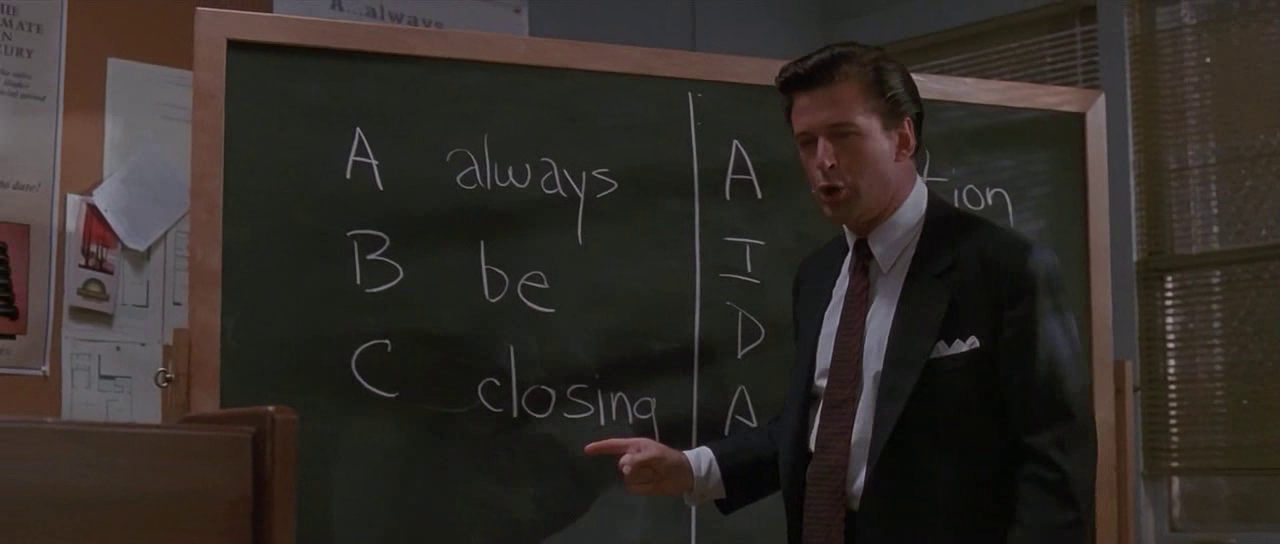7 reasons sales training doesn’t work
“Sales training doesn’t work.” “When the student is ready, the teacher will appear.” “I have the wrong people.” “These people don’t care, so why bother.” “I can’t even get these guys to use the CRM, how will I get them to train?” “My people are lazy.” “We tried training before and it didn’t work.” “Not my responsibility to train them.” “That’s the manager’s job.” “If they’re not willing to invest in themselves, why should I invest in them?”
There are a myriad of excuses and reasons for not training salespeople. Some of these excuses shift blame, others justify why not. In Grant Cardone’s landslide book, The Closer’s Survival Guide, Grant shows us that when there is a no to something good, something beneficial, something with real value, that usually represents a lack of know.
A NO in any area of life comes from missing KNOWLEDGE and WISDOM.”
That means no money, no girl, no time, no food, no job, no… etc.
So if there is NO sales training in your company, it’s usually a result of a lack of KNOW. It doesn’t matter which company you work with or if you train in-house. Grant Cardone has laid out 7 key reasons sales training doesn’t work. Let’s look at each and see which ones apply to us.
Here are 7 reasons sales training doesn’t work, hasn’t worked before, and also how to make it work this time:
1. Sales training should be done daily
Effective sales training is done every day. If it’s worth doing once a week, why wouldn’t you do it everyday. The way to avoid out of sight, out of mind, it to do it daily. Sales training should be at the same priority level as teeth brushing, bathing and eating. Not always sexy and exciting but prevents you from stinking and keeps your energy levels up. The ability to sell and close is a skill and a muscle. You need to practice your craft daily.
2. Sales training should be easily available
If it’s not easy to get to and access, people won’t do it. Access to sales training should be available 24/7, anytime, any place, anywhere. If a guy is sitting at Starbucks trying to figure out what went wrong, he should be able to access a solution.
3. Sales training should apply to all skill levels
Beginner to expert. Grunt to Veteran. Sales people are unique and at different levels of skill and competence. Effective sales training hits all levels of expertise and competence.
4. Sales training should be quick and efficient
Sales people have short attention spans. In fact, most people can go for about 20 minutes before there’s an issue, distraction or retention challenge. Sales training should be short, to the point, solutions orientated.
5. Sales training should solve problems in real time
You just lost a deal over price. You have an appointment in 20 minutes and the client is real budget sensitive. Mr. Jones won’t buy with talking to his wife first. Sally is just looking. These are problems sales people face daily. Training should solve the problem and be tailored to do so.
6. Sales training should be engaging
Remember the thing about short attention spans? If the training isn’t novel, entertaining, engaging; forget it, don’t bother, it’ll never get through to your people. It’ll go in one ear and out the other. Promise.
7. Sales training should be trackable
Testing after training and built in accountability is the key and has been proven to increase the effectiveness and retention of learning. Why do you think they have tests in school? Why do you take a driver’s test? Unless you know what you DON’T know, you can’t and won’t get any better and you’ll keep hearing NO.
If you’re looking to train your people better and you’d like to talk to someone about how to make training stick, reach over to David Bradley at david@grantcardone.com to see a live example of an effective sales training program that generates real results, crafts professional sales people, builds a solid leadership base, helps with hiring and recruiting, and handles all seven of these issues.
